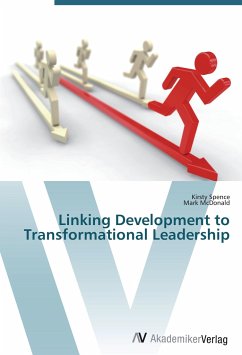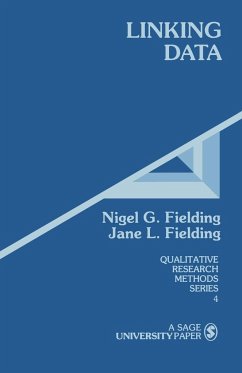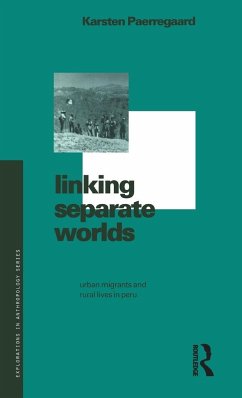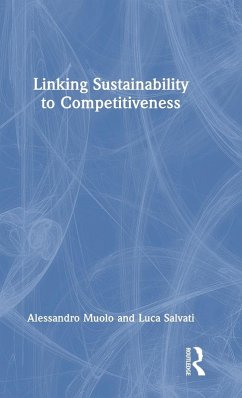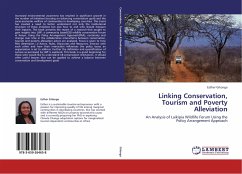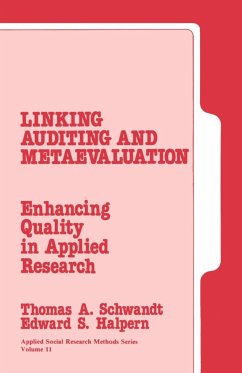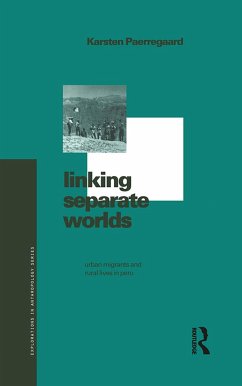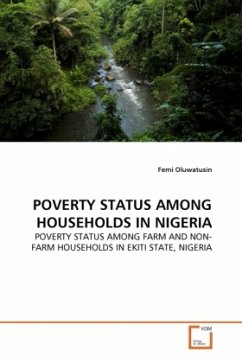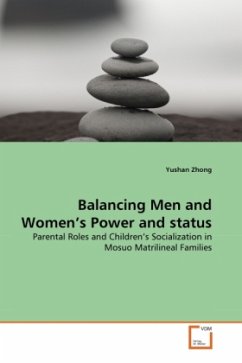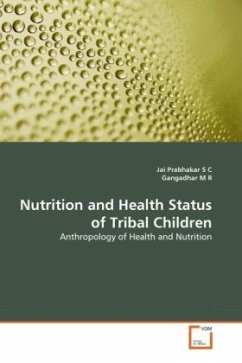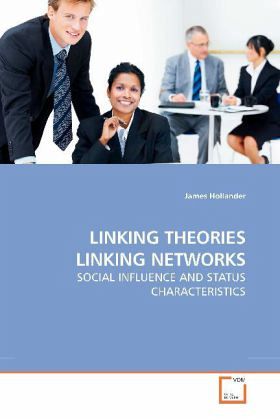
LINKING THEORIES LINKING NETWORKS
SOCIAL INFLUENCE AND STATUS CHARACTERISTICS
Versandkostenfrei!
Versandfertig in 6-10 Tagen
32,99 €
inkl. MwSt.

PAYBACK Punkte
16 °P sammeln!
Ways that social agents influence each another underlie decision-making in families and in groups that run organizations. Even macro social events involve events in groups meeting, dispersing, and meeting repeatedly--and subject to miscommunication and group-think. Social influence network theory (SINT) and status characteristics theory (SCT) are combined by special mathematics to study decision- making: how two persons by disagreeing with a binary choice decision of a subject person do actually establish a combined weight of influence in the subject person that is twice the weight of influenc...
Ways that social agents influence each another underlie decision-making in families and in groups that run organizations. Even macro social events involve events in groups meeting, dispersing, and meeting repeatedly--and subject to miscommunication and group-think. Social influence network theory (SINT) and status characteristics theory (SCT) are combined by special mathematics to study decision- making: how two persons by disagreeing with a binary choice decision of a subject person do actually establish a combined weight of influence in the subject person that is twice the weight of influence of each one alone. This work lies at an intersection of neuro-physiology, psychology and sociology wherein sociology studies neurons gone wireless in a seamless unity of inner networks in each person embedded in outer social networks. The book can contribute to social network-based economics, econometrics, and economic sociology. Biography and sociology can be related in organizational andhistorical processes. Social psychologists, sociologists and econometricians can find this formulation useful for studying business and non-business organizations.



